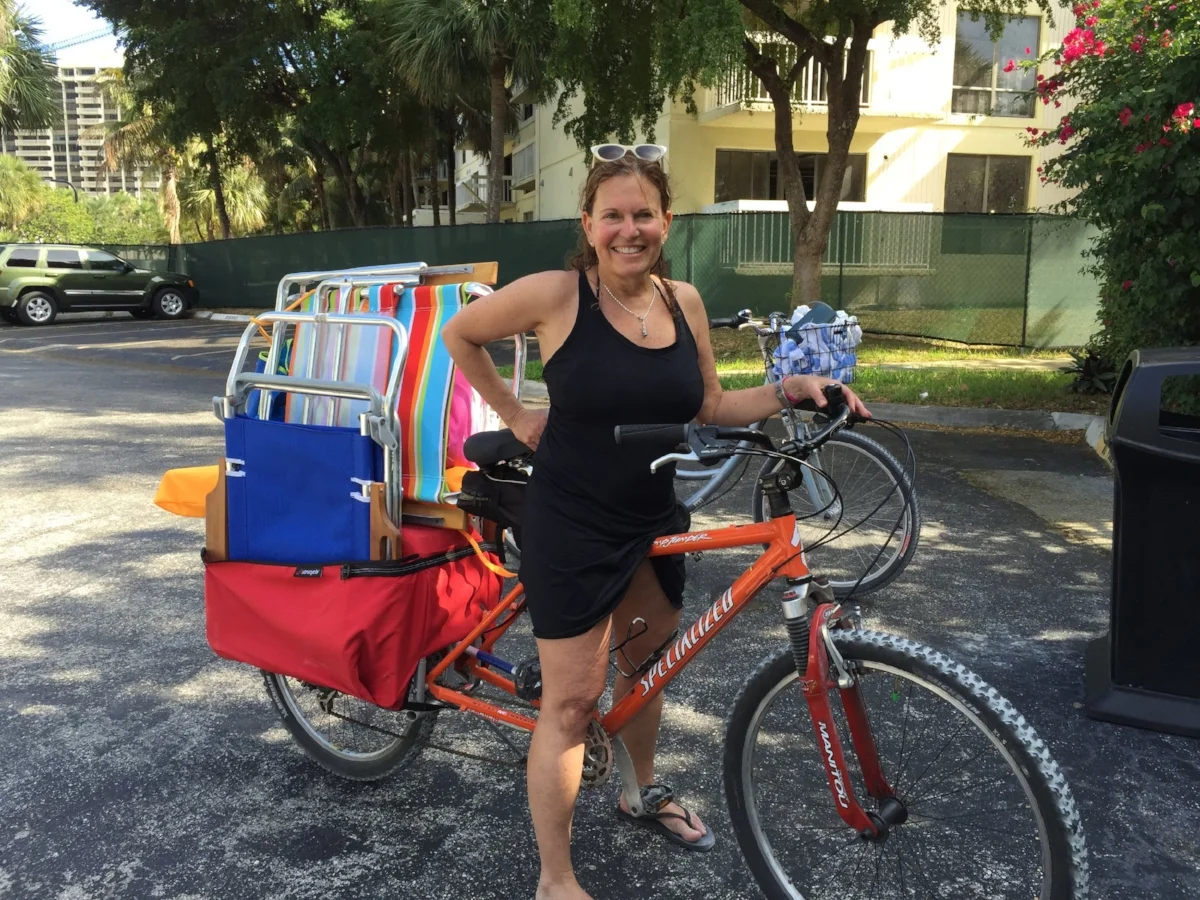Managing my surplus
Since leaving my job in July, I have lost a favorite ring, a pair of aviator sunglasses and the electronic case that is required for charging my wireless earbuds. I also have lost two earrings (one each from two different pairs), a copper hair pin I bought at a craft fair, a pink baseball hat with some sentimental value, and a strand of freshwater pearls on a leather lanyard that I wore as a bracelet.
In other words, since losing my regular income and complimentary health insurance, I have also lost a lot of stuff. Stuff I didn’t really need and won’t replace.
I’ve already posted about how good it felt to purge my excess belongings when I moved to Denver. I see now that I haven’t even scratched the surface.
I also see how much better it feels to give things away purposefully, rather than to mindlessly lose them.
Seth Godin, the entrepreneur, marketing guru and daily blogger, posted recently about surplus.
He wrote: “If you have a safe place to sleep, reasonable health and food in the fridge, you're probably living with surplus. You have enough breathing room to devote an hour to watching TV, or having an argument you don't need to have, or simply messing around online.”
He challenged readers to think about this: How do we spend our surplus?
Recently, I rear ended a large SUV at a stoplight. The resulting $6,000 in damage to my small car was covered by insurance. But the dozens of hours I’ve spent arguing with adjusters, repair shops and rental agencies came directly out of my surplus.
My 16-year-old son has a surplus of confidence. Not necessarily a great thing at his age.
When he scored a six-point speeding ticket, he abdicated his surplus time and money to taking a driving class and working extra hours to pay the fine and the lawyer. The lesson may not sink in until his prefrontal cortex is fully developed, but I hope the consequences will inspire a healthy and more-immediate respect for the law.
If abundance is such a blessing, why do we fritter it away?
Minimalists rightly question the necessity of excess things. After they purge, they may try living in a tiny house. But little by little, the minimalist lifestyle invites the accumulation of expensive products that are designed for small spaces. Thus the pendulum swings.
No judgement here. My dream is to live on a houseboat. Imagine the cute little pots and pans I will need! And all the flotation devices for enjoying the water!
But wait, I purged all that when I moved to Colorado!
Shoot. This is hard!






